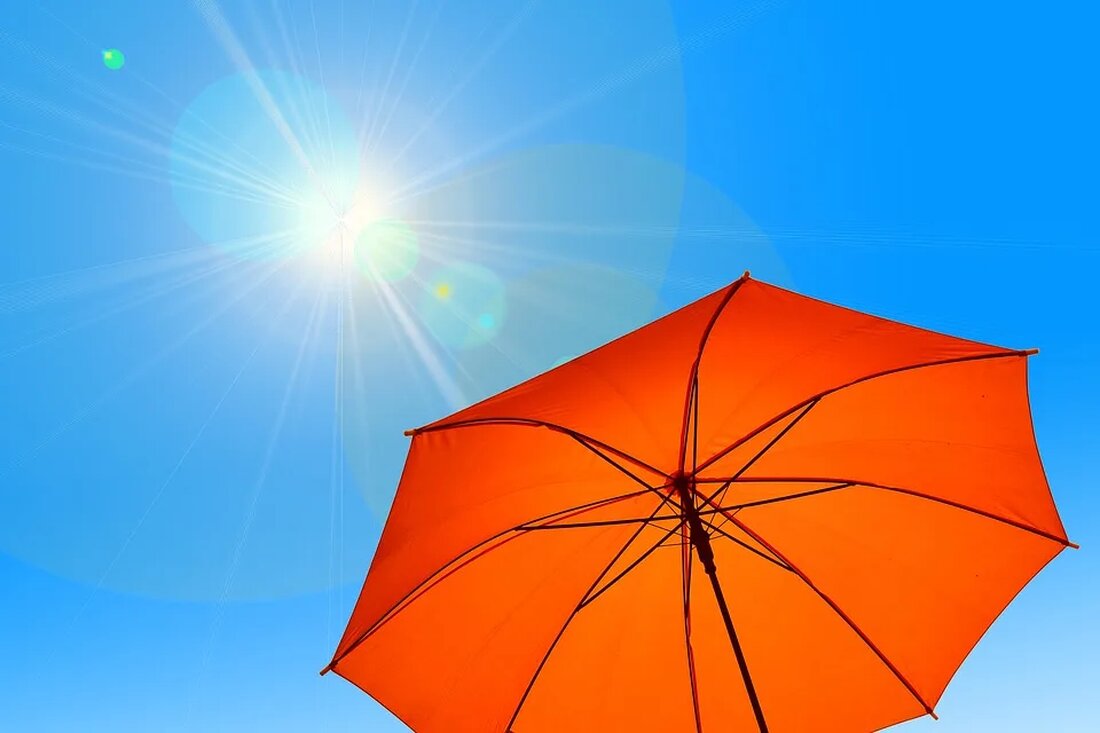The influence of climate change on glaciers
The climate changes on our planet have become increasingly important in recent decades due to their far-reaching effects. A particularly visible effect of these changes can be observed in the development of glaciers worldwide. These huge masses of ice and snow are directly dependent on climatic conditions and are sensitive to changes. Glaciers have therefore become reliable indicators of global climate change. How exactly the climate affects glaciers and what consequences these changes have will be examined in more detail below. Climate changes and their effects on glaciers It has been scientifically proven that current climate change is largely caused by human activities. The …

The influence of climate change on glaciers
The climate changes on our planet have become increasingly important in recent decades due to their far-reaching effects. A particularly visible effect of these changes can be observed in the development of glaciers worldwide. These huge masses of ice and snow are directly dependent on climatic conditions and are sensitive to changes. Glaciers have therefore become reliable indicators of global climate change. How exactly the climate affects glaciers and what consequences these changes have will be examined in more detail below.
Climate changes and their effects on glaciers
It has been scientifically proven that current climate change is largely caused by human activities. The increased emission of greenhouse gases such as carbon dioxide leads to so-called global warming, in which the average temperature on the earth's surface increases.
Temperature increases and glacier melt
The effects of increasing temperature increases are visible in many places, but nowhere as dramatically as in the polar regions and high mountains, where the large glacial giants are located. Warmer climates lead to the melting of ice and snow masses as they cannot compensate for enough precipitation in the form of snow. An example of this phenomenon is the famous Grossglockner Glacier in Austria, which has experienced significant retreat in recent decades.
Climate change and glacier retreat
There is a direct correlation between climate change and glacier changes. Global warming leads to glacier melting and thus glacier retreat. This is a reduction in the size of the glacier both in length and in area. Glacier retreat is a global phenomenon and affects almost all glaciers on earth, such as the glaciers in the Alps, the Rocky Mountains, the Himalayas, but also in the Arctic and Antarctic.
Effects of glacier melt and retreat
The changes in glaciers have far-reaching consequences that affect local communities, global ecosystems and the global climate budget.
Rising sea levels
One of the most direct impacts of glacier melt is rising sea levels. Melting glacial ice contributes to rising sea levels, which in turn can have catastrophic effects on coastal regions worldwide. Cities and towns can be flooded, resulting in massive losses of infrastructure, real estate and agricultural land.
Changes in rivers and lakes
The meltwater from glaciers feeds numerous rivers and lakes around the world. As the glaciers retreat, the water balance of these bodies of water also changes. This can affect the water supply of cities and towns, fishing, agriculture and hydroelectric energy production.
Danger from glacial lake outbursts
Another danger arises from the formation of so-called glacial lakes. These arise when meltwater from glaciers is retained in depressions or valleys. Such glacial lakes can burst and trigger tidal waves, the so-called glacial lake outbursts, which can result in significant damage to landscapes and infrastructure.
Future of glaciers and need for action
The current forecasts for the development of glaciers are alarming. Many scientists assume that the glaciers in the Alps could have almost completely disappeared by the end of the century if global temperature rises continue at the current pace.
Necessary measures
In order to counteract this development, comprehensive measures to reduce greenhouse gas emissions are necessary. Global warming must be limited and the melting of glaciers slowed down. This needs to be achieved both at the political level and in society.
contribution of each individual
In addition, everyone can contribute to protecting the glaciers. By behaving more energy-efficiently, reducing your own carbon footprint and being actively involved in environmental organizations, everyone can do their part to preserve the glaciers for future generations.
conclusion
Glaciers are an indispensable part of our ecosystem. They are not only important water reservoirs and habitats for many species, but also play a fundamental role in the global climate system. The rapid decline in glacier areas worldwide is an alarming sign of advancing climate change and must serve as a global wake-up call. It is essential to reverse the current trend and halt glacial melting to ensure the sustainable future of our planet. Every individual has a responsibility and can make a contribution to protecting this important global heritage.

 Suche
Suche
 Mein Konto
Mein Konto
